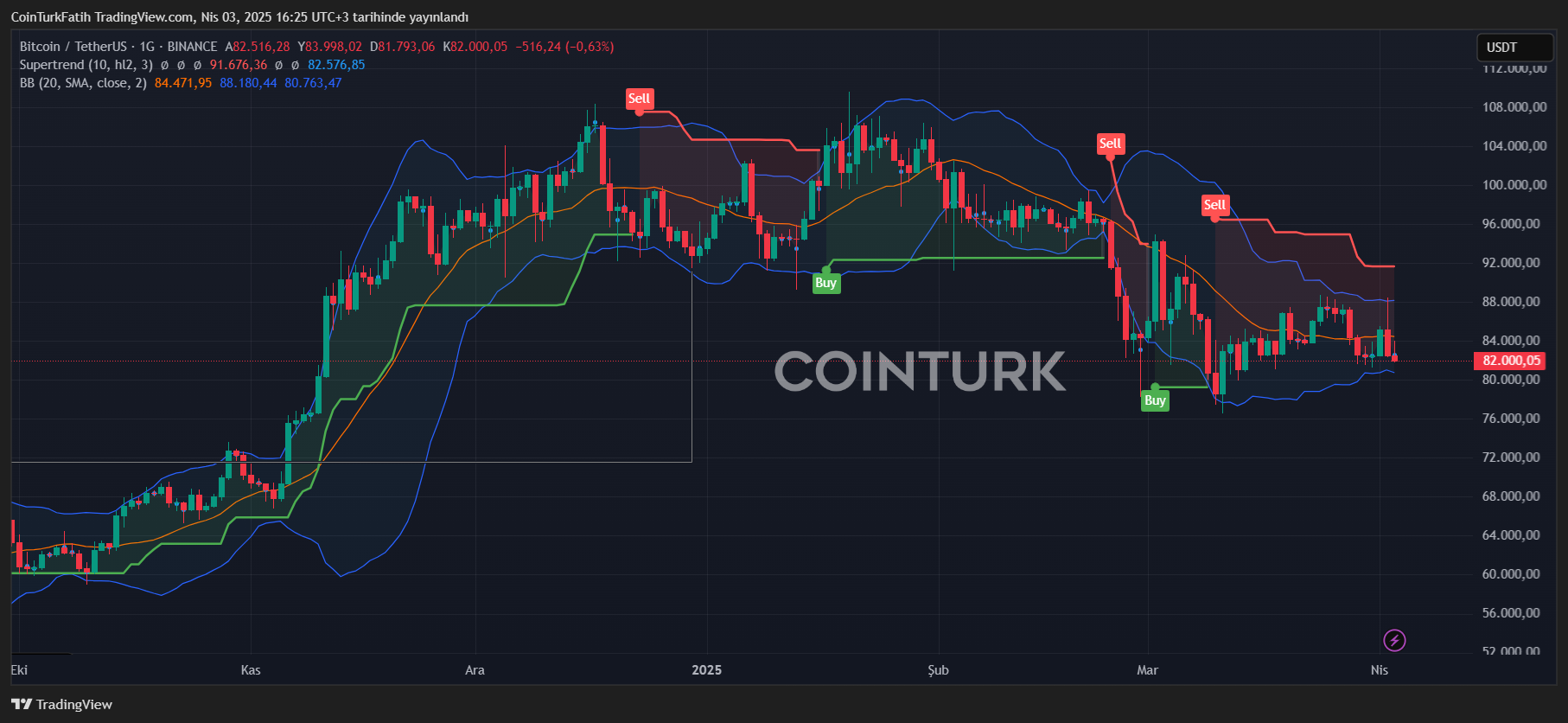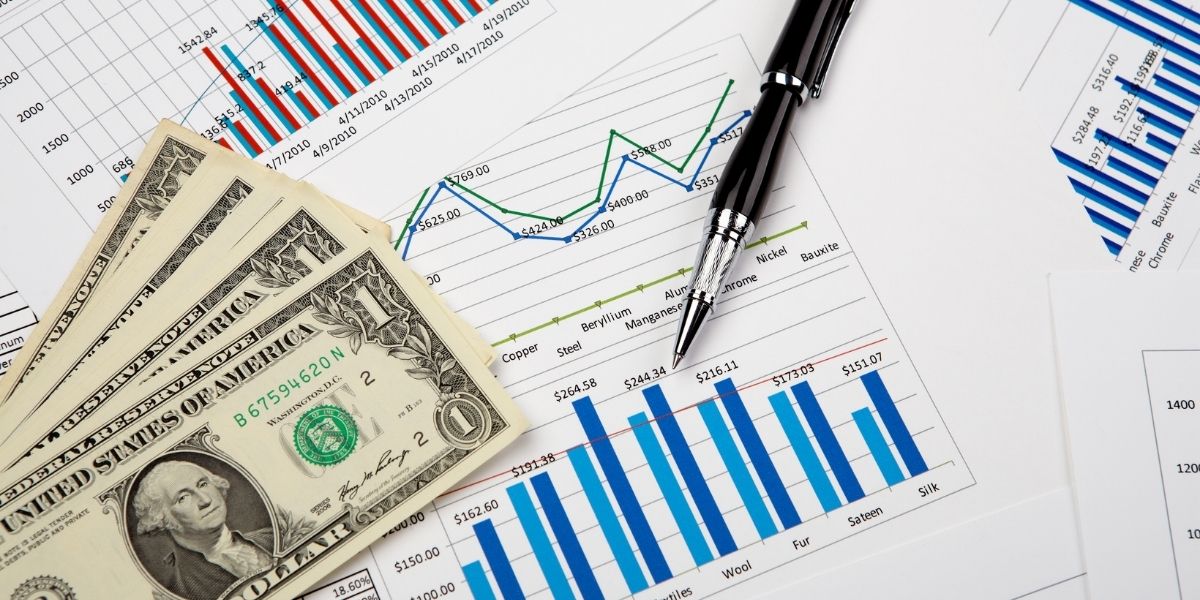 CaryptosHeadlines Media Has Launched Its Native Token CHT.
Airdrop Is Live For Everyone, Claim Instant 5000 CHT Tokens Worth Of $50 USDT.
Join the Airdrop at the official website,
CryptosHeadlinesToken.com
CaryptosHeadlines Media Has Launched Its Native Token CHT.
Airdrop Is Live For Everyone, Claim Instant 5000 CHT Tokens Worth Of $50 USDT.
Join the Airdrop at the official website,
CryptosHeadlinesToken.com
Cryptocurrencies face a significant threat if tariffs trigger a global trade war. In this context, statements of retaliation from countries are crucial. The initial reactions of nations to these tariffs are particularly important. While monitoring the global trade war’s effects on cryptocurrencies, Bitcoin (BTC)  $81,631 was priced at $81,800 just six minutes before the U.S. market opened.
$81,631 was priced at $81,800 just six minutes before the U.S. market opened.
Countries’ Responses to Tariffs
As of the writing of this article, the price of Bitcoin (BTC) was around $81,800, with U.S. futures experiencing significant sell-offs. Shortly thereafter, the U.S. markets would open, and by the time you read this, the losses in stocks would become clearer.

Now, let’s take a look at what countries have said in response to the tariffs.
China
The Ministry of Commerce described the tariffs as unilateral bullying, promising to take countermeasures. The Trump administration had already imposed significant additional taxes on China since January. The total tax rate could reach 70% for some items with an added 34% tariff.
European Union
European Commission President Ursula von der Leyen announced the bloc would act in unity. The specific measures to be taken are unknown, and retaliation plans set for mid-April were postponed.
“If you mess with one of us, you mess with all of us.” – Ursula von der Leyen
The EU faces a 20% customs duty.
United Kingdom
Prime Minister Keir Starmer stated that there would be no sudden retaliation and negotiations for a trade deal with the U.S. would continue. The UK faces a minimum tax rate of 10%.
France
French Prime Minister François Bayrou called the newly announced tariffs a disaster for the global economy. He emphasized that they would lead to losses for the U.S. as well, discussing how the EU would respond to the new tariffs.
Germany
As the article was written, the SP500 and NASDAQ opened with a nearly 4% drop. Finance Minister Jörg Kukies expressed hope for an agreement between the EU and the U.S. after the tariffs.
“We need a strong response. It would be naive to think things will improve if we sit idly by.”
This negotiation could lead to retaliatory measures, with Germany’s stagnant economy facing greater threats from tariffs on EU goods, including automotive parts.
India
The Ministry of Commerce is continuing to examine the potential effects of the measures. Although Modi has good relations with Trump, the latter has expressed discomfort with the trade deficit with India.
Japan
Prime Minister Shigeru Ishiba described the situation as very unfortunate but refrained from directly mentioning retaliation. He indicated the government is trying to explain Japan’s significant contributions as the largest overseas investor.
Other Responses
Jayati Ghosh, an economist at the University of Massachusetts Amherst, noted that high tariffs would negatively impact all countries and disrupt supply chains. He predicted lower global investment, weaker economies, and reduced employment affecting everyone.
European Central Bank Vice President Luis de Guindos stated that they would be very cautious in setting interest rates amid ongoing uncertainty. Spanish Prime Minister Pedro Sánchez described the tariffs as an attempt to raise funds due to a suspicious fiscal policy, rejecting claims of “reciprocal” tariffs. Danish Industry Minister Morten Bodskov stated that the EU is ready to provide a proportional and robust response.
Switzerland’s main business lobby, EconomieSuisse, classified the tariffs as “unfair.”
Disclaimer: The information contained in this article does not constitute investment advice. Investors should be aware that cryptocurrencies carry high volatility and therefore risk, and should conduct their own research.












